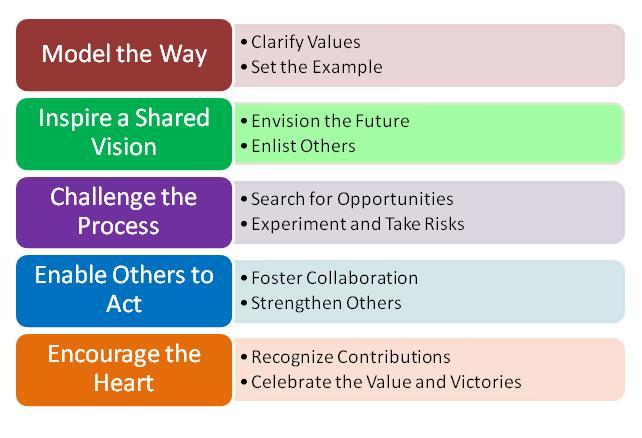A nurse can play three different roles as part of an interprofessional team. The three roles consist of a nurse, nurse leader and nurse educator. The interprofessionalism team consists of other healthcare workers as well, not just nurses (Sommerfeldt, 2013). However as nurses the roles can be at different levels depending on the patient’s condition. At my previous job, I worked as a complex case manager. The team consisted of registered nurses, social workers (masters prepared) behavioral health specialists, community health workers and nutritionists. The nurse case manager managed the patient, however if there was an issue with the patient in the home setting that required community resources, the community health worker would be consulted to assist in those needs. If the member had psychological issue or other financial issues that required the need of a social worker or behavioral health specialist this referral would be added as well. There was collaboration on the plan of care and all participated because we all were looking at the patient as a whole, not just as the part that each discipline took care of. If the member cannot pay his light bill or water bill due to financial difficulties, until we take care of those needs through resources, any teaching that the nurse would do would be in vain. A person cannot focus on teaching for their health or anything else if their mind is on their current financial strain, not their medical condition. In this instance the nurse is playing the role of the nurse leader.

When a patient is in the hospital a nurse can also play the role of a nurse that is doing dressing changes, medication administration and other treatments. The nurse’s role in the interprofessional team that may consist of the doctor, physical therapist and dietician, would be more medically involved because maybe the patient is recuperating from heart surgery and requires a lot of care initially. The patient is on a special cardiac diet, which can also be explained by the treating nurse, however in this instance, the member is starting something new, so a consult from the dietician can help the patient understand the diet and the nurse can reinforce the teaching.

The nurse educator as part of the interdisciplinary team can be seen for example in a disease management setting. This type of setting also has multiple specialties that can follow the patient. In this instance the nurse educator is educating the member on how to empower themselves and learn about managing their chronic disease by learning about taking their medications, following a diet and exercise program, learning to check their blood sugar or blood pressure. The nurse educator measures the members learning based on return demonstration through development of a plan of care.

All three roles bring value to the scenario that they are in, because the nurse is the one that will be around the patient most of the time. In each role the nurses is responsible for all aspects of the patient’s care. In reading through the assigned readings for this week, I am able to see that although you have one nurse, that one nurse can play one of three roles depending on what scenario the nurse is in. Regardless of which role the nurse is playing, working on an interprofessional teams is a style of partnership that allows decision making to be collaborative (Sommerfeldt, 2013). It takes many people to work together in getting a patient discharged to his home.

References
Sommerfeldt, S. C. (2013, February 25 2013). Articulating Nursing in an Interpersonal World. Nurse Education in Practice, (13), 519. http://dx.doi.org/http://dx.doi.org/10.1016/j.nepr.2013.02.014
Follow Rosie Moore https://www.facebook.com/rosiesnursecorner/












